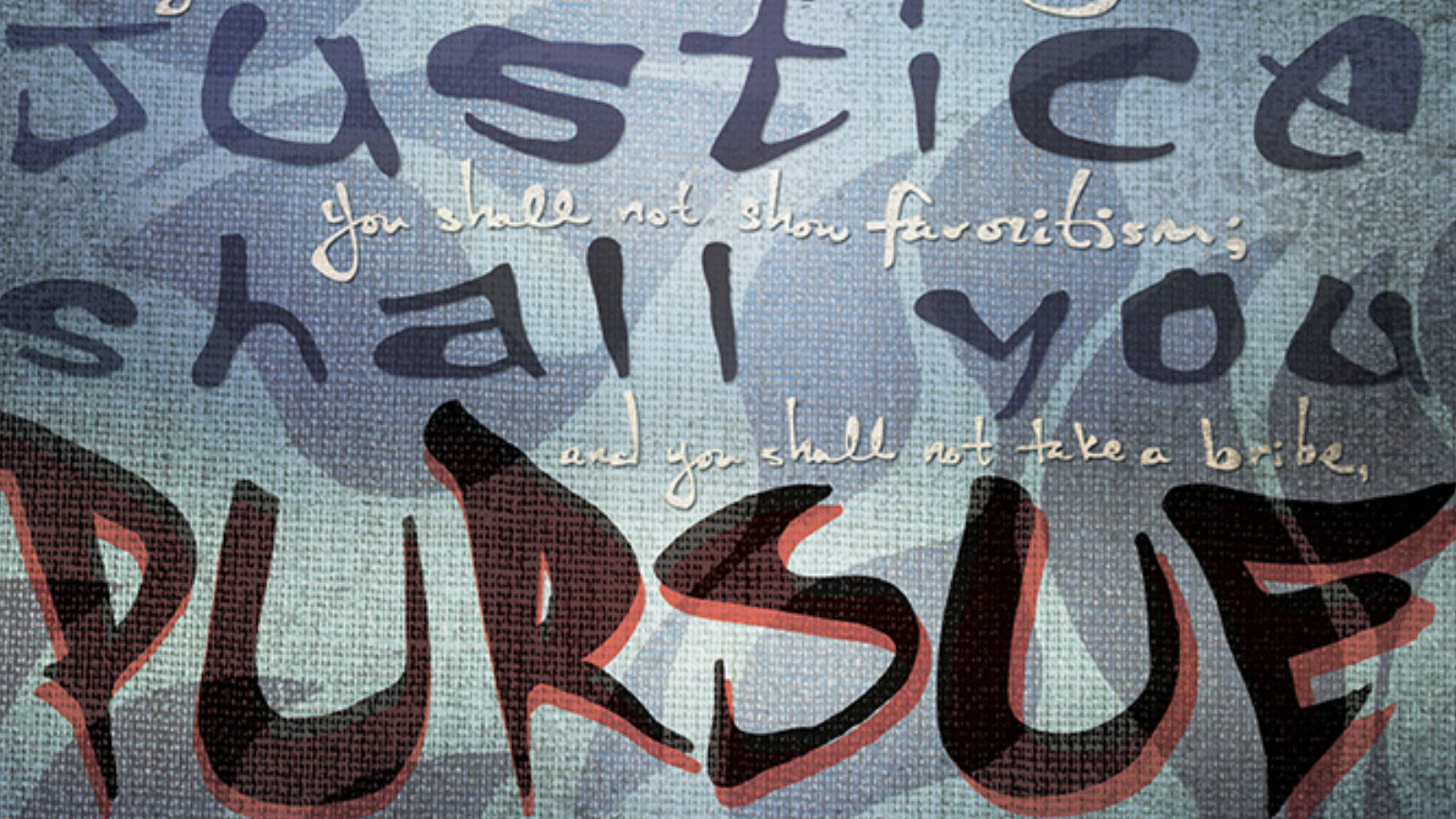Bonjour / Hello [nickname_else_first_name],
Table of contents
1) Perashat Hashavoua - Rabbi Eli Mansour
2) Halakhat Hashavoua (Halakhot related to day to day life) - Hazzan David Azerad
- Tevilat Kelim
3) Holy Jokes!
4) FOR KIDS!
Selichot (Hebrew: סְלִיחוֹת, romanized: səlīḥōt, singular: סליחה, səlīḥā) are Jewish penitential poems and prayers, especially those said in the period leading up to the High Holidays, and on fast days. The Thirteen Attributes of Mercy are a central theme throughout these prayers.

This Week's Parasha Insight with Rabbi Eli Mansour
Parashat Re'eh: Earning a Livelihood Through Joy
The Torah in Parashat Re’eh discusses the basic laws of the three Regalim – the holidays of Pesach, Shabuot and Sukkot, when Beneh Yisrael would assemble in the Bet Ha’mikdash. In presenting the obligations relevant to the celebration of Sukkot, the Torah famously commands that on this day, "Ve’hayita Ach Same’ah" – "You shall be only joyous" (16:15).
Rav Baruch of Mezhbizh (1753-1811), a grandson and disciple of the Ba’al Shem Tob (d. 1760), taught that the greatest Segula ("charm") for earning a livelihood is joy, living with happiness and contentment. Indeed, the Mishna in Abot (4:1) famously teaches, "Who is wealthy? He who is joyous with his lot." Rav Baruch explained that wealth comes through Simha – experiencing genuine joy, without worrying about the future and without feeling distressed over what one does not have.
This concept is alluded to in the verse cited above – "Ve’hayita Ach Same’ah." The final letters of these words – "Tav," "Chaf Sofit," and "Het" – are the letters of the divine Name "Hatach" (spelled "Het," "Tav," "Chaf Sofit"), which, as the Arizal (Rav Yishak Luria, 1534-1572) taught, is the Name which brings livelihood and sustenance. The Arizal instructed that when we recite in our prayer service the verse, "Pote’ah Et Yadecha U’masbia Le’chol Hai Rason" ("You open Your hands and willfully satiate all living creatures" – Tehillim 145:16), he should have in mind the final letters of the first three words of this verse – "Het," "Tav," "Chaf Sofit," which spell this Name. This Name is alluded to in the verse, "Ve’hayita Ach Same’ah" to teach that experiencing joy is the means to earning a livelihood.
This concept seems counterintuitive. We might have assumed that to achieve financial success, one must feel constantly dissatisfied with his current state, and continually work and strive to achieve more. We would have thought that it is specifically through discontent and anxiety about money that one is driven to succeed and thus becomes wealthy. But the precise opposite is true – we achieve Parnasa (livelihood) through happiness, by feeling content and joyful over all we have.
This is why the special Misva of "Ve’hayita Ach Same’ah" applies specifically to Sukkot, the holiday when we move outside our large, furnished homes and live in a temporary, crude structure. One of the messages of the Sukka is that life is temporary, and we do not keep our material possessions forever, and so we must feel joyous and content with whatever lot we have received. This is the true key to Parnasa – maintaining our joy and sense of fulfillment regardless of our circumstances, finding meaning and happiness in our performance of Misvot, irrespective of finances. If we live this way, then we will, please G-d, be worthy of G-d’s unlimited blessings and enjoy much joy and success.

The laws of Tevilat Kelim, according to the rulings of Maran Rabbi Obadiah Yosef z”tl
Which dishes are subject to immersion in the Mikveh?
The immersion obligation applies to vessels made of metal, glass, Pyrex and Duralex vessels imported from abroad (outside of Israel).
Dishes made of plastic, nylon, wood or pottery as well as any porcelain dishes are exempt from immersion. Today, in many places in the world, most of the porcelain dishes are coated with glass, and therefore need immersion.
Pottery that is coated inside and out with glass, needs to be immersed with a blessing. If they are covered only from the inside, they will be immersed without a blessing.
Vessels imported from outside of Israel are presumed to have been made in non jewish factories, and they require immersion.
Examples of dishes that need immersion:
Dinnerware that needs immersion includes eating and drinking utensils (plates, glasses, cups, cutlery, etc.), utensils for storing groceries (bottles or boxes that hold drinks or foods such as bread, sugar, vegetables, etc.), cooking, frying, and baking utensils (pots cooking and baking, pans, ladles, skewers, etc.), tools for preparing food (such as the parts of the mixer that touch the food), tools for serving food to the table, and more.
When it comes to a vessel made by a gentile and used for non-kosher foods, it requires both immersion and koshering (hagala or libun). This vessel must be cleaned properly first, and then immersed in the mikvah.
Bevirkat Shabbat Shalom Umevorach
David Azerad
3) HOLY JoKeS!!
Selection of funny snippets, loosely related to this weeks parashah or current events, to brighten your day


4) FOR KIDS
Click on the image to open the youtube video

















